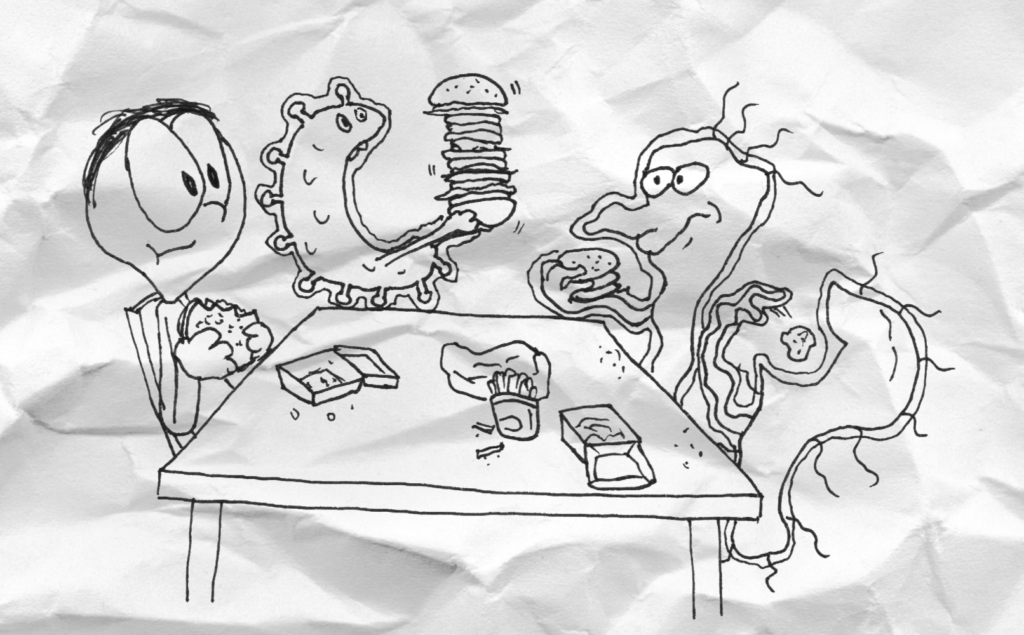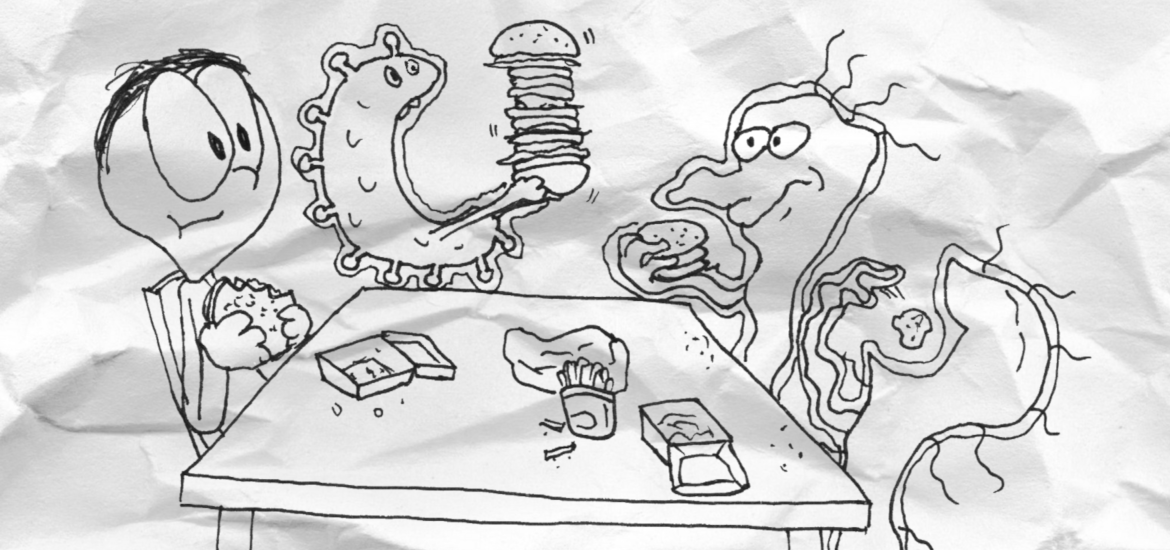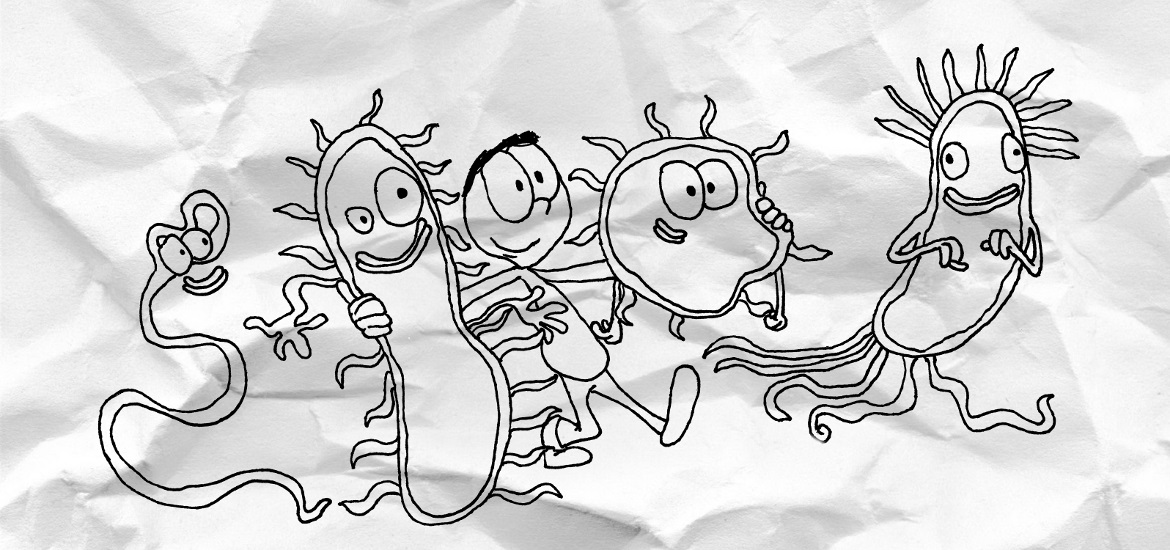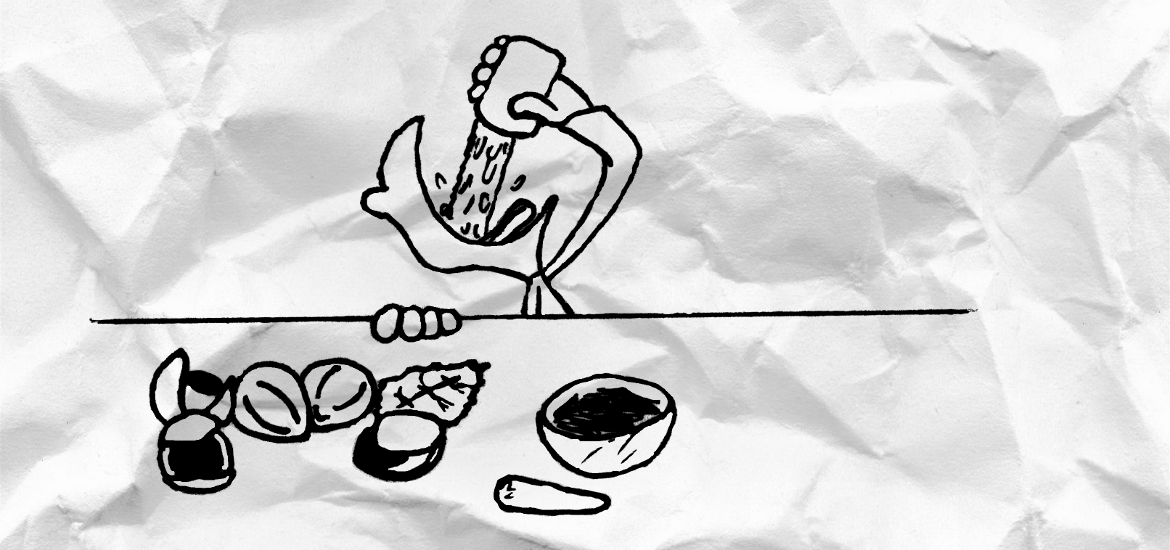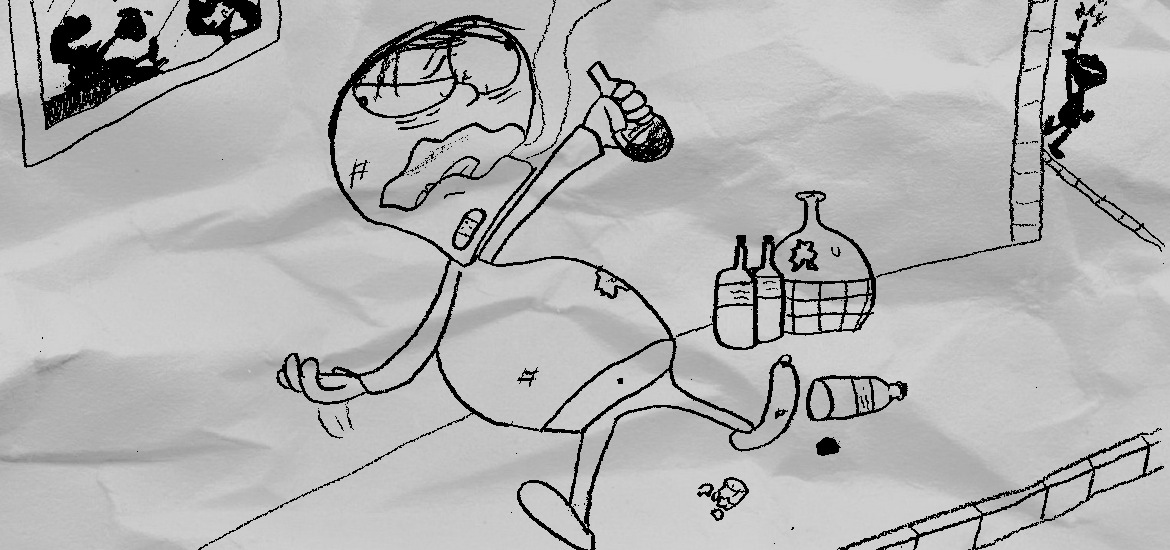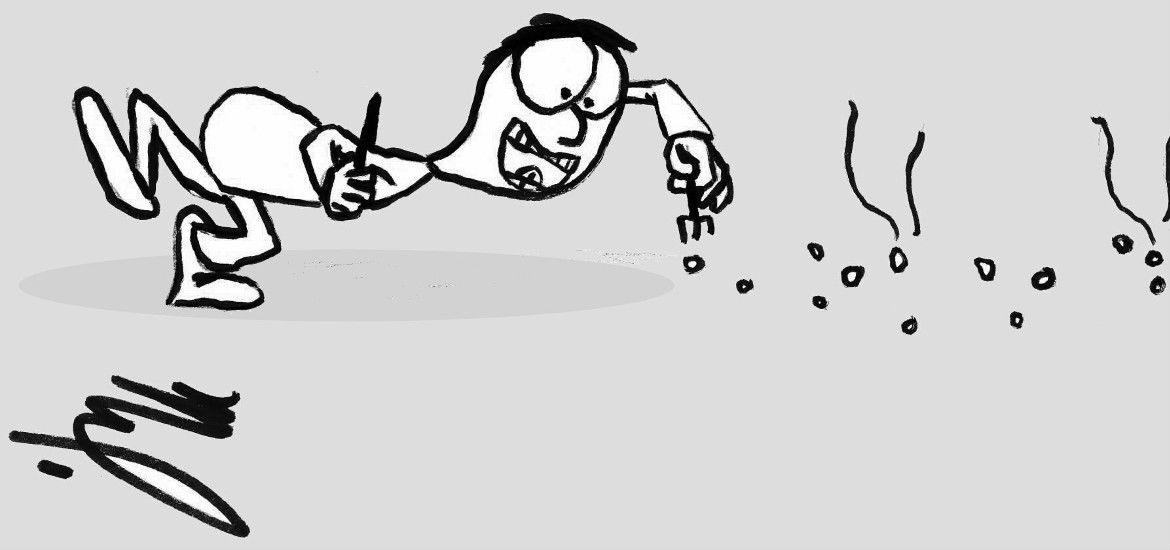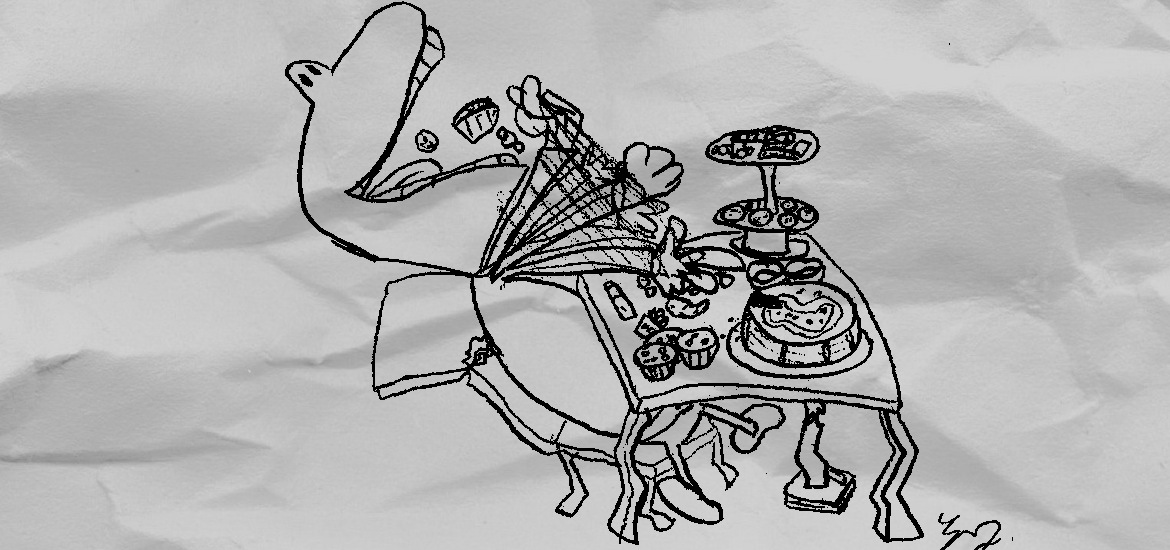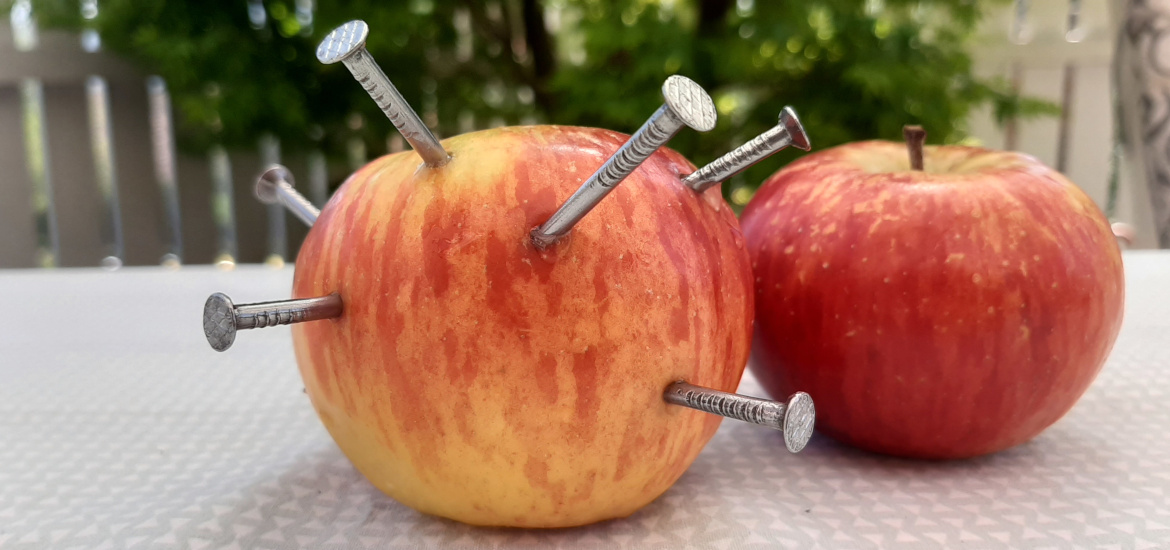The caloric value of food can be determined with a certain accuracy, as I have already explored. But does our body really use all the calories that we consume? For alcohol I have already answered the question but there are people claiming that we do not always get the full caloric value. That definitely needs to be explored – and naturally we are talking about normal, healthy gut not including chronic diseases like coeliac and Crohn’s disease.
Theory of absorption
First, let us explore the theory of food absorption and highlight the possibilities where potential loss of calories can occur.
In my opinion if nutrients do get absorbed from the food, the body uses all of them in normal, healthy circumstances. Therefore the only chance is for the nutrients to remain in the gut and be metabolized by gut microbes or be excreted.

Firstly, let’s check how much ingested calories our gut microbes consume. And since there are differences in gut microbes, are there also differences in the amount of calories used? Can some people eat more just because they have more active gut microbes?
Secondly, are there differences in food absorption between healthy humans? Is it possible that some people simply absorb less nutrients than the other?
I believed these two questions to be the essential ones and started my article search.
Calories from food and gut microbes

Interestingly, it turns out that my initial idea about some of your food calories being taken from you by gut microbes was incorrect. Your gut microbes most probably help you extract more energy from the food that you would extract on your own. Gut microbes do not consume a portion of your food, in reality they convert a portion of food that you cannot absorb to absorbable food. And yes, the continuation of my idea was correct: there are the differences between people with different gut microbes. Some people get more energy from the same amount of food because they have different gut microbes. Meaning that some people can eat more than the other, but still get fewer calories from the greater amount of food. Not due to my initial idea that their gut microbes consume more energy, but to the fact that their gut microbes offer them less energy from the consumed food than the microbes of other people.
You might notice that this description is rather general and there is some uncertainty present. This is due to the fact that we are only at the beginning of understanding the exact function of our gut microbes. I have already written about our gut microbes two years ago, but there is not much news. For instance, we know that obese people have different gut microbes compared to the healthy population, gut microbes may or may not play a role in our psychological well beeing, and that people with diabetes have also changed gut microbes. How exactly this works out in our gut we cannot tell for sure. What we can be sure of is that the gut microbes really play a role in our food absorption. Another interesting finding, but as all connected with gut microbes, only in the early phases of our understanding, is that gut microbes may have an influence on how our food is absorbed. Gut microbes not only change how much calories we can get from our food, they also influence our gut directly to absorb more or less food. And this brings us to our next question – do different people absorb food differently?
Calories from food and differences in absorption

Food – more exactly nutrients coming from the food – can be absorbed into our bodies through either diffusion or active transport. With diffusion, there is little difference between individuals – it is a process which depends only on nutrients concentration and nothing else. With active transport things are different. The body actively transports some nutrients from the gut into blood by different means, like transporters or channels. And if the body builds these transporters, there are definitely differences between people as there are differences in height, hair color or facial features. Even more, active transport is not only dependent on your genetics, but can change based on your eating habits. For instance, protein absorption is regulated by many mechanisms and it is promoted or reduced depending on the amount of proteins and their metabolites in your gut. Same goes for lipids and even glucose (in the case of hummingbirds). To put it simply – your body reacts to what you eat or don’t eat. If you eat a lot of fats, it will adopt and let you absorb more. If you are lacking certain amino acids, it will create more transporters to capture more. And, to bring the story around full circle, gut microbes also affect transporter mechanisms. Again, we still are at the beginning of our understanding of this relationship. But we know that the connection is really close and intertwined. For instance gut microbes are responsible for producing short chain fatty acids that directly influence our body, for instance our immune system, appetite and our behaviour.
Conclusion
To answer our initial question: our bodies do not absorb equal amounts of calories from food that we consume. There are many differences not only between individuals, but also our own body constantly changes the amount of consumed calories. What is absorbed depends in part on our gut microbes and in part on our gut condition. The exact influence and connection between different factors is still largely unknown, but what we can say for sure is that all this is influenced by what we eat. So eating a mixed, varied diet is your best option to maintain a healthy gut microbes, healthy body and finally, healthy mind.
